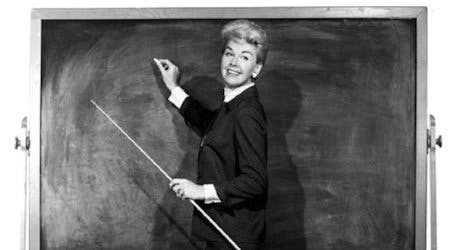UK teachers union calls for legislation against violent games
Young players suffer "obesity, social exclusion, loneliness, sedentary solitary lives."
Leading UK educators have called for new legislation to limit children's access to violent video games.
As reported by The Guardian, a motion at the Association of Teachers and Lecturers annual conference asked ministers to introduce "stringent legislation" to counter the "negative effects some computer games are having on the very young".
The teachers complained that over-use of games is making children anti-social and stunting development of communication skills. Pupils are apparently coming to school exhausted from late nights spent in front of the TV, hampering their ability to learn.
Not only that, but they also cited medical reports that insisted gamers are more likely to develop tendonitis and suffer seizures.
"Obesity, social exclusion, loneliness, physical fitness, sedentary solitary lives - these are all descriptions of children who are already hooked to games," argued primary school teacher Alison Sherratt.
"Sadly there is a notable correlation between the children who admit to playing games and those who come to school really tired."
The ATL's general secretary Mary Bousted suggested that parents are routinely ignoring age ratings on video games intended for an older audience.
"The watershed tends to work quite well, but with online TV and video children and young people are probably watching inappropriate content over a range of media," she said.
"It's about reminding parents and carers that they have a very real responsibility for their children and that schools can't do it alone."
A number of contradictory reports in recent years have argued that games can in fact aid children's development.
"Well-designed digital games show significant potential to promote children's growth and healthy development. They can foster skills and knowledge that help children with academic learning, as well as habits which contribute to better health," concluded a Joan Ganz Cooney Center study in 2009.
A 2008 BBC report claimed that games can help develop social skills and "can be a powerful, engaging and interactive alternative to more passive media."

